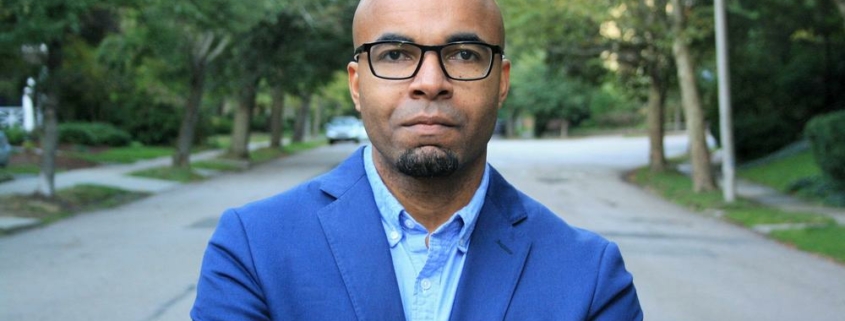
Mario Luis Small, Harvard University
Research has made clear that racial inequality is affected by neighborhood conditions. One important condition is the accessibility of financial establishments. We examine how living in minority neighborhoods affects ease of access to conventional banks vs. to alternative financial institutions (AFIs) such as check cashers and payday lenders, which are often more expensive and have at times been called predatory. Based on more than 6 million queries, we compute the difference in the time required to walk, drive, or take public transit to the nearest bank vs. the nearest AFI from the middle of every block in each of 19 of the nation’s largest cities. Results suggest that race is strikingly more important than class: even after numerous economic, demographic, and structural conditions are accounted for, the AFI is more often closer than the bank in well-off minority neighborhoods than in poo rwhite ones. Results are driven by not the absence of banks but the prevalence of AFIs in minority areas. Documented differences are so large that accounting for them on the basis of preferences—of differences in demand for AFIs by race—would be inconsistent with available evidence and highly unlikely. Additional survey data on preferences is consistent with these findings.
Biography: Pro. Small is the author of award-winning books and articles on networks, poverty, organizations, culture, methods, neighborhoods, institutions, and other topics. He is currently using large-scale administrative data to understand isolation in cities, studying how people use their networks to meet their needs, and exploring the epistemological foundations of qualitative research. His latest book is Someone To Talk To (Oxford). A study of how people decide whom to approach when seeking support, the book is an inquiry into human nature, a critique of network analysis, and a discourse on the role of qualitative research in the big-data era.
The seminar recording may be accessed here.



